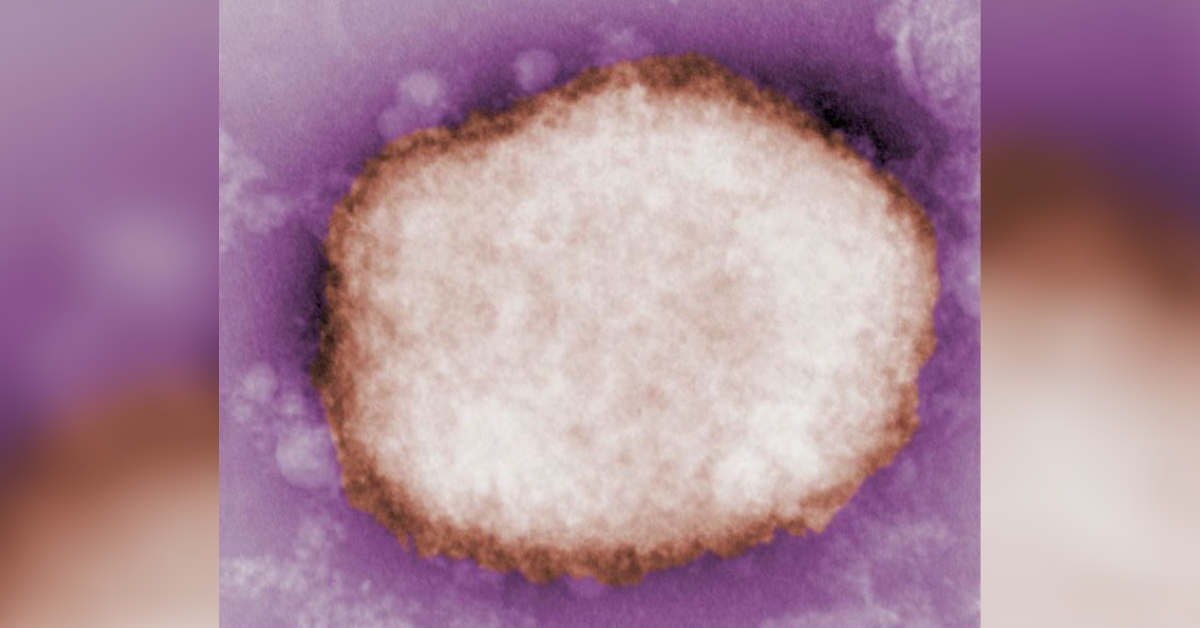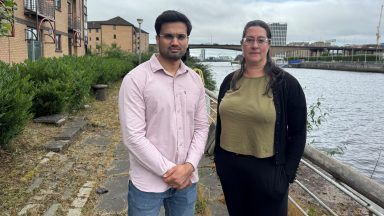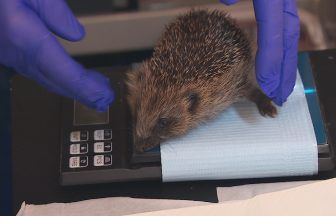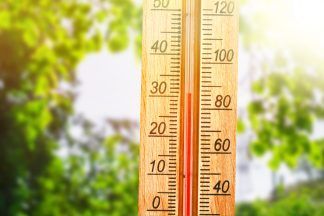The first case of monkeypox has been confirmed in Scotland with the patient receiving treatment and contact tracing under way.
The viral infection is usually found in West and Central Africa but cases have recently been identified in various countries including 20 in England.
How does monkeypox spread?
“It’s quite an infectious virus, [but] not as infectious or as airborne as Covid,” Scotland’s chief medical officer Professor Jason Leitch told STV News.
It is not common to get monkeypox from a person with the infection, Public Health Scotland said. But it can be spread.
- The coughs or sneezes of a person with the monkeypox rash
- Handling clothing, bedding or towels used by someone with the monkeypox rash
- Touching monkeypox skin lesions or scabs, particularly if your own skin has sores or cuts
“You need to be pretty close, it’s droplet spread, so it’s families, it’s sexual partners, it’s people who are in very close proximity,” said Prof Leitch.
Monkeypox can be caught from infected wild animals in parts of west and central Africa. It’s thought to be spread by rodents, such as rats, mice and squirrels.
It is possible to catch monkeypox by eating infected bush meat that has not been cooked thoroughly, or by touching other products from infected bush animals (such as animal skin or fur).
What are the symptoms?
Initial symptoms of monkeypox include:
- fever or high temperature
- headache
- muscle aches
- backache
- swollen lymph nodes
- chills
- exhaustion
- rash usually appears one to five days after the first symptoms
A blister-like rash or small number of blister-like sores can develop, often beginning on the face, then spreading to other parts of the body, including the genital area.
The rash changes and goes through different stages, before finally forming a scab, which typically falls off over the course of a couple of weeks.
Individuals are infectious from the point symptoms start until all the scabs fall off.
During this time close contact with others must be avoided.
“Anyone with an unusual blister-like rash or small number of blister-like sores on any part of their body, including their genital area, should avoid close contact with others and seek medical advice if they have any concerns,” said Dr Nick Phin, Public Health Scotland’s medical director.
What is the treatment for monkeypox?
In rare cases, monkeypox patients may be offered antiviral treatment to slow down the spread of the infection and limit the severity of the illness.
Their close contacts may be offered Imvanex, a vaccine effective against monkeypox.
The UK Health Security Agency has advised that high-risk close contacts of confirmed cases are offered a smallpox vaccine.
Follow STV News on WhatsApp
Scan the QR code on your mobile device for all the latest news from around the country
























